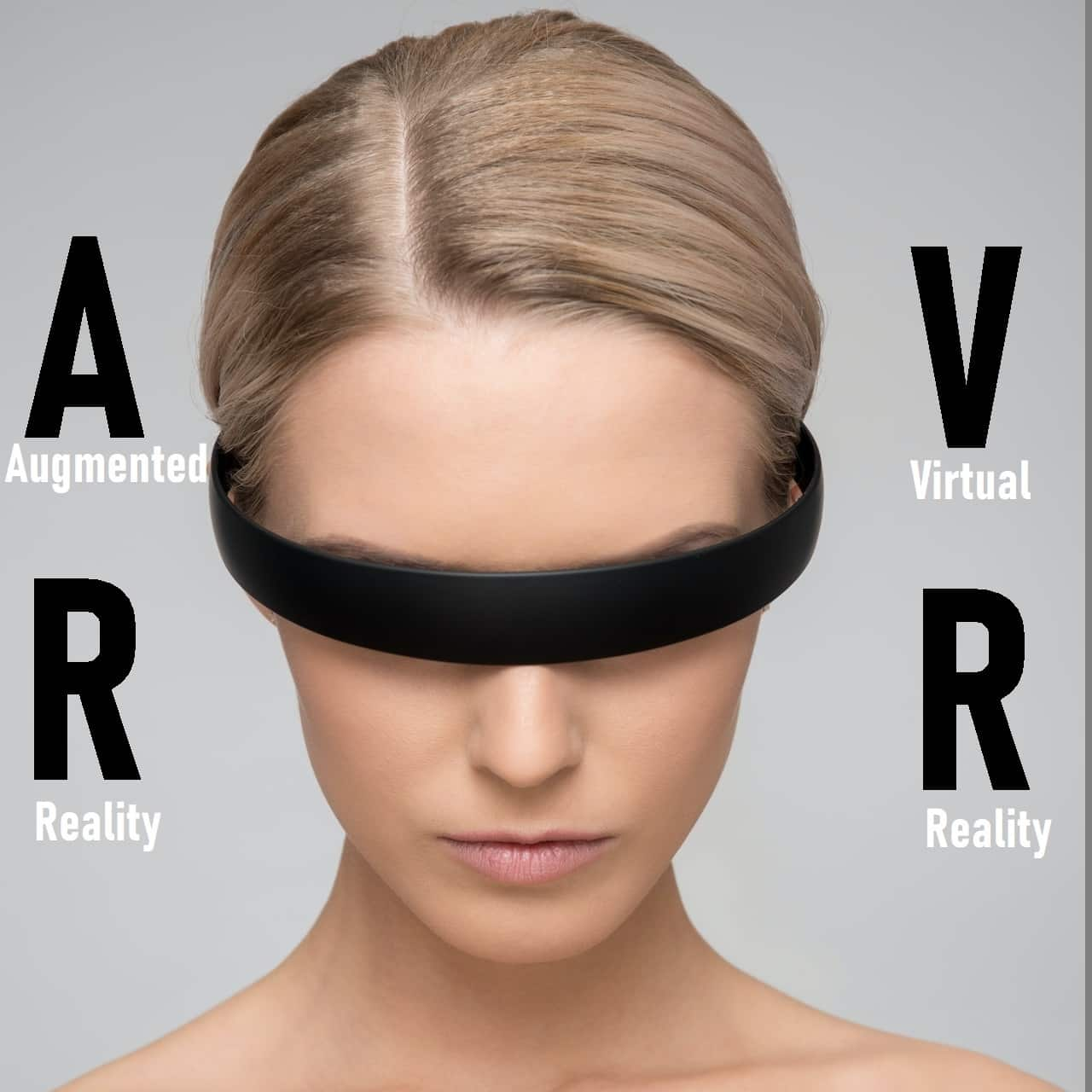Immersive Therapy: VR’s Revolutionary Role in Mental Health
Virtual Reality (VR) is not just about gaming and entertainment anymore. Its applications are sprawling into many fields, including mental health. VR technology is being used as a tool in therapeutic settings, showing promising results in treating various mental health conditions.
VR Exposure Therapy
One major application of VR in mental health is Exposure Therapy. People suffering from phobias or Post Traumatic Stress Disorder (PTSD) can confront their fears in a safe, controlled virtual environment.
Meditation and Relaxation
VR is also used in promoting relaxation and mindfulness. Certain VR applications provide serene, calming environments that aid meditation and stress reduction.
Treatment of Social Disorders
Social Anxiety Disorder and Autism Spectrum Disorder are other conditions where VR technology has shown potential. It offers realistic simulations of social scenarios, helping patients develop social skills and coping mechanisms.
Pros and Cons of VR Therapy
Like any therapeutic tool, VR comes with its pros and cons. On the upside, it provides a safe environment for exposure therapy and allows for personalized treatment plans. However, it could also potentially trigger unpleasant reactions for some patients, and it might not be suitable for all individuals or all types of disorders.
The Future of VR in Mental Health
As VR technology continues to advance, it holds immense potential to transform mental health treatment. With the advent of more realistic graphics and haptic feedback, VR therapy sessions can become even more immersive and effective.
It’s important to remember that while VR technology is a powerful tool, it does not replace traditional therapy but can be a great adjunct to it.








